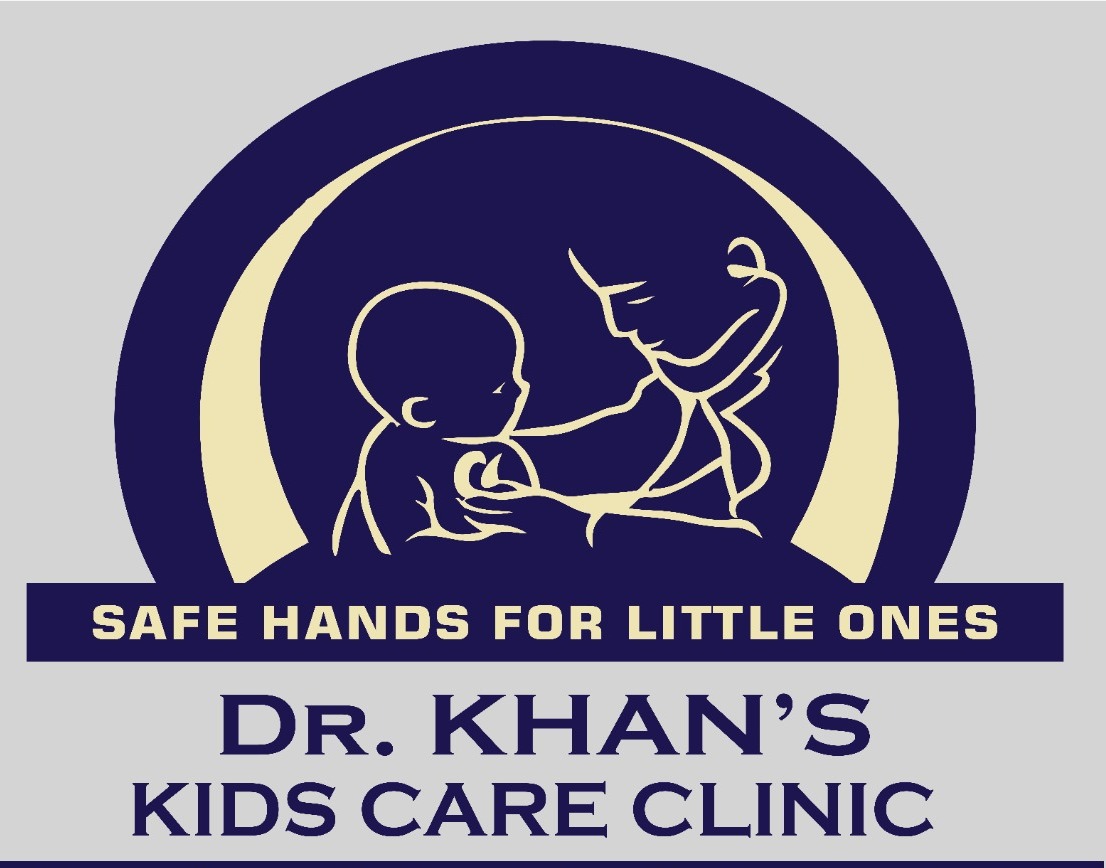+918048070356

This is your website preview.
Currently it only shows your basic business info. Start adding relevant business details such as description, images and products or services to gain your customers attention by using Boost 360 android app / iOS App / web portal.
Description
🧑⚕️ 1. General Consultation Framework ✅ Key Components of a Pediatric Consultation: History: Prenatal history (maternal health, complications) Birth history (gestational age, mode of delivery, birth weight) Developmental milestones (motor, social, speech, etc.) Family medical history (genetic, chronic conditions) Social history (home environment, school, activities) Immunization history (vaccination schedule and adherence) Physical Examination: Growth assessment (weight, height, head circumference) Vital signs (temperature, heart rate, respiratory rate, blood pressure) General appearance (hydration, color, alertness) Systemic examination (head-to-toe including respiratory, cardiovascular, gastrointestinal, neurological) Developmental and Behavioral Assessment: Developmental milestones (motor, cognitive, speech) Behavioral observations (attention, mood, activity level) Social interaction (play, peer relationships) Screening & Preventive Care: Growth charts: Plot on appropriate percentile charts (WHO/CDC) Immunization review: Ensure up-to-date vaccinations (following national guidelines) Vision and hearing: Screen for common issues like amblyopia, strabismus, hearing loss 🧸 2. Pediatric Consultation Areas by Age Group 🍼 Infants (0–12 months): Common Concerns: Feeding difficulties, colic, growth monitoring, developmental milestones (rolling, sitting, babbling) Key Focus: Feeding: Exclusive breastfeeding or formula feeding Immunizations: Ensure vaccination schedule is followed (BCG, DTP, OPV, Hib, Hepatitis B, Rotavirus, PCV, MMR) Developmental Milestones: Monitor for motor, social, and language milestones (head control, smiling, babbling) Parental Guidance: Sleep hygiene, safe sleep practices, breastfeeding support 🧒 Toddlers (1–3 years): Common Concerns: Language development, tantrums, behavior issues, eating habits, potty training Key Focus: Nutrition: Transition from milk to solid foods, balanced diet, iron-rich foods Behavior: Encourage positive reinforcement, limit setting, and address tantrums Immunizations: Follow-up on MMR, DTP booster, Varicella, Hepatitis A (if recommended) Developmental Milestones: Walking, talking in simple sentences, potty training Safety: Injury prevention, childproofing home, car seat safety 🧑⚕️ Preschool (3–5 years): Common Concerns: Speech delays, sleep difficulties, socialization, toilet training Key Focus: Social Skills: Encourage socialization and interaction with peers Immunizations: Review DTP booster, MMR booster, Varicella, Influenza Developmental Milestones: Complex sentence formation, motor skills (running, jumping) School Readiness: Early learning stimulation, readiness for school Safety: Prevention of accidents (e.g., choking, falls) 👦 School-Aged Children (6–12 years): Common Concerns: Learning difficulties, behavior, growth concerns, school performance Key Focus: Growth Monitoring: Monitor growth and development, assess nutrition Immunizations: Influenza, HPV (at age 11–12), DTP booster Behavioral Health: Address bullying, anxiety, ADHD, and behavioral concerns School Performance: Discuss academic progress, social skills, vision, and hearing screening Safety: Injury prevention (sports, helmet use, road safety) 🧑🎓 Adolescents (13–18 years): Common Concerns: Pubertal changes, acne, menstrual issues, mental health, risky behaviors Key Focus: Pubertal Development: Assess for normal development (Tanner stages), menstrual health (if applicable) Immunizations: Meningococcal vaccine, HPV (second dose), Influenza Mental Health: Screen for depression, anxiety, self-esteem, peer pressure, eating disorders, self-harm Sexual Health: Discuss contraception, safe sex practices, sexual orientation, STI prevention Substance Use: Screen for alcohol, tobacco, or drug use; provide counseling Safety: Address driving safety, injury prevention, and promote physical activity 💉 3. Preventive and Screening Services Routine Screening: Regular screenings for vision, hearing, oral health, and developmental concerns. Mental Health Screening: Early identification of depression, anxiety, and other psychiatric issues. Vaccination: Ensure all recommended vaccines are administered on time (e.g., MMR, HPV, Tdap, flu). Growth and Development: Monitor via growth charts and assess progress with developmental milestones. Nutritional Counseling: Assess for growth failure, obesity, or other nutritional issues. 🩺 4. Common Pediatric Conditions to Address Infections: Upper respiratory tract infections, gastroenteritis, ear infections, pneumonia, viral illnesses (e.g., chickenpox, influenza) Asthma: Diagnosis, management, and education on inhaler use Allergies: Food allergies, environmental allergies, and anaphylaxis management Skin Conditions: Eczema, rashes, impetigo, and fungal infections Congenital Conditions: Follow-up care for congenital heart disease, metabolic disorders, and developmental delays Chronic Conditions: Asthma, epilepsy, diabetes, ADHD, obesity 🚨 5. Emergency and Urgent Care Injuries: Sprains, fractures, head trauma, burns, and cuts Acute Illness: Dehydration, high fever, vomiting, and diarrhea Severe Allergic Reactions: Anaphylaxis and management with epinephrine Mental Health Crisis: Self-harm, suicidal ideation, or severe depression 🧑👧👦 6. Parent and Caregiver Education Safety Measures: Accident prevention, childproofing, helmet use, and car seat safety Immunization Importance: Educate about vaccine schedules and the importance of timely vaccinations Mental and Emotional Health: Help parents recognize signs of developmental delays or mental health issues and provide appropriate referrals Nutrition and Physical Activity: Promote healthy eating, avoiding junk food, and encouraging daily physical activity

